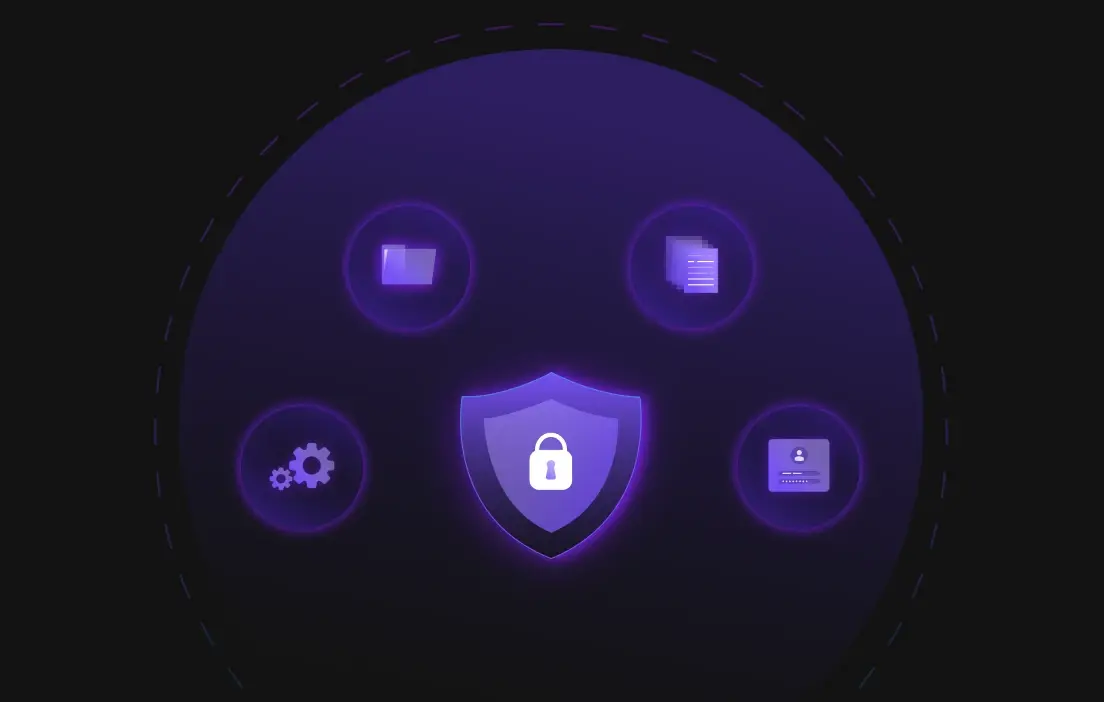Within a matter of years, the application of cloud computing has evolved from a cutting-edge approach to a business norm.
If a company desires to remain profitable and competitive, it will need to transform itself to embrace the efficiency and responsiveness provided by cloud-based solutions. At the center of this transformation is an important issue: cloud data security.
Most businesses now use some kind of cloud service, and more are moving their main IT systems to the cloud. This means they need strong cloud data security to handle risks as their digital footprint grows.
Many companies using the cloud also work with two or more providers to expand their strategies. Further research from Gartner reveals that 81 percent of public cloud-using companies have at least two different services, highlighting the growing need for unified cloud data security services.
While there is no doubt that the advantages delivered by the cloud will continue to drive adoption, the move is not without risks.
Every new cloud service a business adds expands its digital infrastructure and makes it more complex. This makes it harder to manage and protect data from threats. Only advanced, proactive data security solutions can help businesses solve this challenge.
Organizations are increasing cloud adoption rates because of a lack of control, but many are holding back from putting their most sensitive and mission-critical data in the cloud. Without trusted data security services, the risk can outweigh the reward.
Losing control, retaining responsibility
Even with a careful review of cloud providers, a company loses control and visibility once its data leaves its systems. That’s why cloud data security is so important.
The challenge grows with a multi-cloud setup. Companies must protect data spread across different providers, each with its own risks.
For this reason, organizations need scalable and consistent cloud security measures.
If sensitive or mission-critical data is stolen by cybercriminals, it makes little difference whether the breach originated within the organization or through a third-party cloud provider.
The fallout—financial, legal, and reputational—remains the same.
Regulations like the EU GDPR and the recently enacted CCPA can fully penalize an organization for third-party breaches if essential data security solutions, such as encryption, are not properly enforced.
These risks make relying solely on third-party assurances an act of faith. While cloud providers may claim encryption is in place, poor implementation can still leave data vulnerable.
A common weakness is that some cloud service providers encrypt data but store cryptographic keys in the same infrastructure. If the provider is breached, attackers may access both the data and the keys, rendering the encryption useless.
PCI DSS has a clear rule: You can't store card payment data in a public cloud if the encryption keys are also kept there. This is one of many reasons businesses hesitate to fully transition to the cloud without proper cloud data security services.
Read the case study on secure cloud migration for global fintect leader.
Does BYOK have the answer?
The industry has explored several approaches to restore a sense of control in the public cloud. One such approach is Bring Your Own Keys (BYOK), which allows organizations to manage their own encryption keys.
However, most BYOK models still rely on the cloud provider’s key management system (KMS), which can become a vulnerability in the event of a provider breach. This setup falls short of meeting the standards of truly secure cloud data security solutions.
This model also doesn't scale well with multi-cloud strategies, as each cloud vendor requires separate KMS, adding complexity and cost. Organizations need data security services that centralize key management across all cloud platforms for full protection.
Taking full control of cloud security
A more advanced form of BYOK is Bring Your Own Key Management System (BYOKMS), where businesses manage and store their own encryption keys. This gives them full control and makes cloud data security effective.
With BYOKMS, companies can keep their keys in their chosen data center, using their own security setup. This keeps the keys separate from the data, so the data stays safe even if the cloud is hacked.
If sensitive data is leaked through a third party, attackers still can't use it without the keys. This dramatically improves compliance and strengthens cloud security postures.
In fact, demonstrating control over encryption can eliminate the need to notify individuals in the event of a breach and avoid regulatory penalties.
Separating data from keys also enables firms to store encrypted payment card information in the cloud while maintaining PCI DSS compliance, demonstrating how strong cloud data security services can unlock the full potential of the cloud.
Conclusion
If your business is moving to the cloud or growing its cloud use, you must protect your most sensitive data. The right security tools and a single place to manage your encryption keys can help lower risk and make the most of the cloud.
Take full control of encryption keys and invest in comprehensive cloud data security solutions. Businesses can confidently use the cloud without compromising on security.











